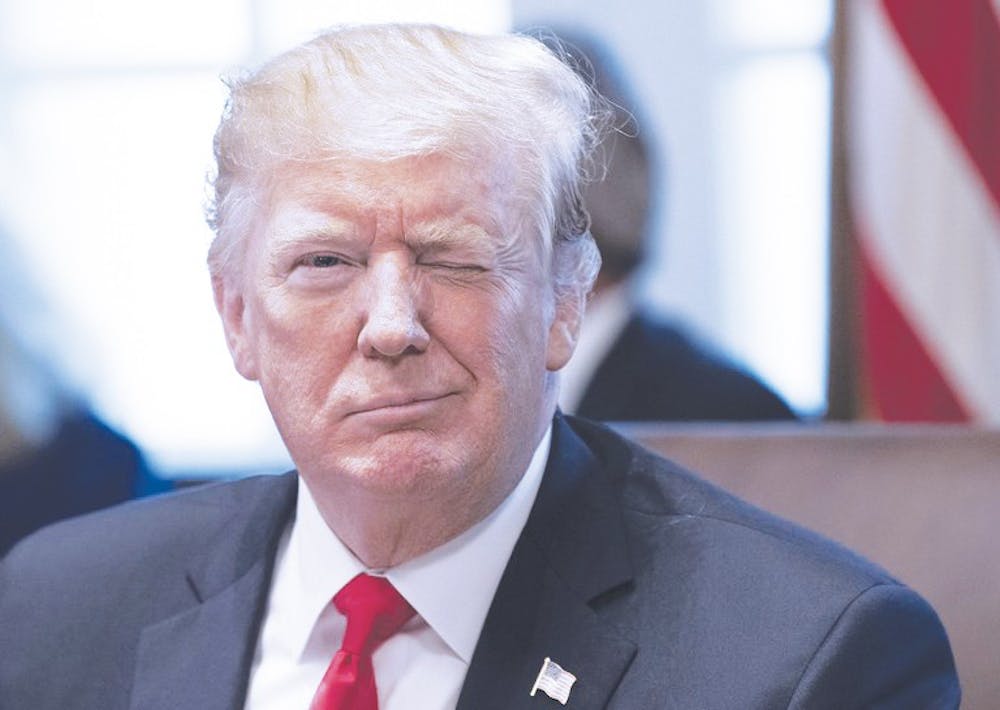By Sam Jones| Staff Writer
Donald Trump and Twitter ― a duo that has dominated the political scene for the past three years, and that dominance has not diminished in the slightest.
As culture shifts and adapts to new ideas and theories, society also changes. With the introduction of the internet in the past 20 years, advances in both media and politics can be seen in abundance.
As one may know, social media affects almost every aspect of American life. Sophomore Jack McNeil had many things to say concerning social media.
"Social media has the effect of making you think that you are close to a lot of people, when in reality, you're not close to them at all," McNeil said.
Politicians can have the same effect. With the growing communal participation on social media, politicians can appear to be closer to the people than they really are.
Jakob Miller, professor of political science at Taylor, has previous research experience with the change concerning media and politics in recent years in America.
"With the direct communication between politicians and citizens, politicians have had to dumb down their speeches," Miller said. "We see a drastic decrease in writing level, from college level to fifth grade level, like Donald Trump on Twitter."
Politicians seem to have started using language and rhetoric that can be understood by the entirety of their audience, which entails a decrease in advanced vocabulary and publicized theory.
This direct communication between all people of America is a change that this nation has been adapting to, and these shifts in rhetoric have been the start of that change.
Miller is advising senior Charles Brads in a recent research project that Brads has pursued.
"Technological advances change every aspect of life," Brads said. "Change is the one thing that is constant. You cannot keep community completely the same unless you isolate it from the rest of the world."
As complete isolation from the world seems impractical, adapting to the curve of change is an opening option for future cultural and political advancement.
Brads will be attending the Butler University 31st Undergraduate Research Conference, at which he will be presenting his thesis on "Examining the Political Constituent of the Media Age."
"My focus has been on the impact of social media on political knowledge," Brads said. "Neil Postman states that 'the media is the message;' in other words, how you consume information impacts how you process that information. Getting information from a tweet is different than getting it from a book."
As society changes with the flow of media, politicians have learned to change their approach to public communication. With that, culture and American citizens have also learned and are still learning to change their perception of politics.





